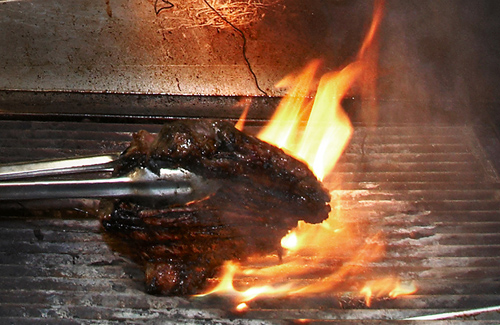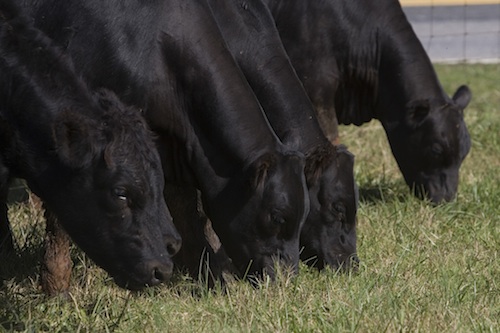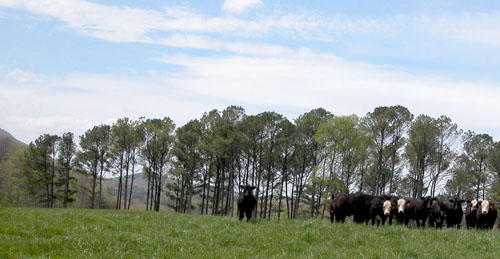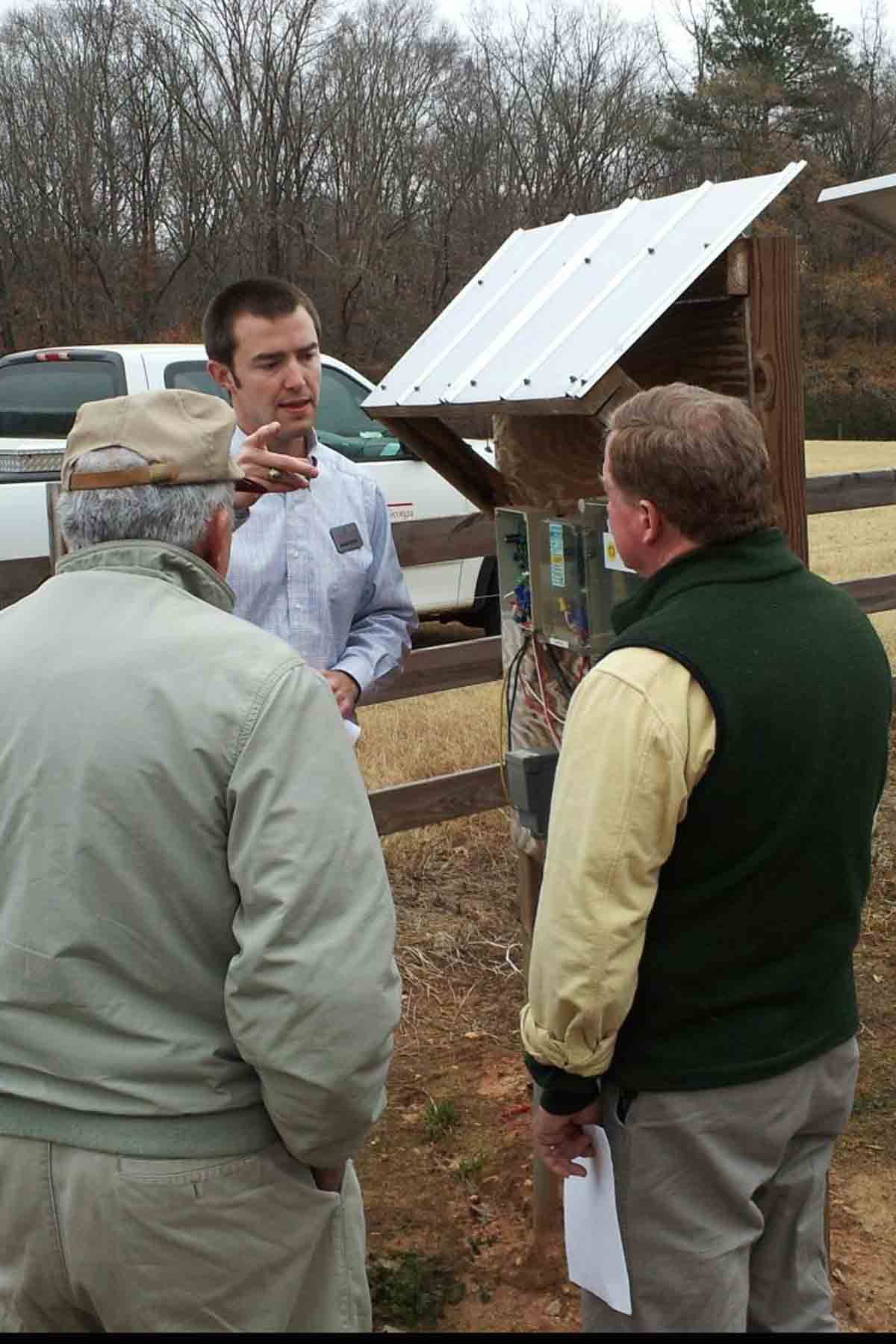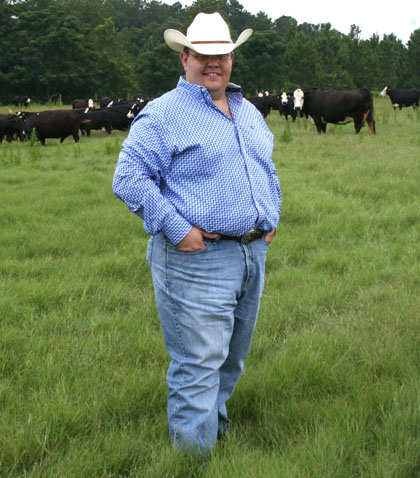 CAES News
CAES News
Beef industry
Beef may be ‘what’s for dinner,’ but it’s also a big deal in Georgia agriculture — injecting about $409 million a year into the state’s economy and providing a livelihood for hundreds of Georgia families.

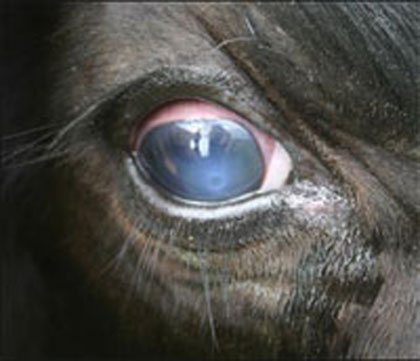
.jpg)
.jpg)
